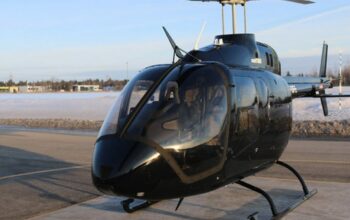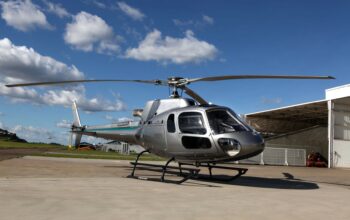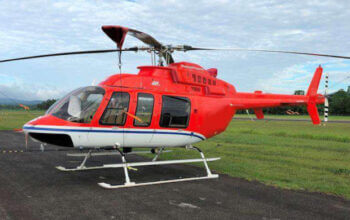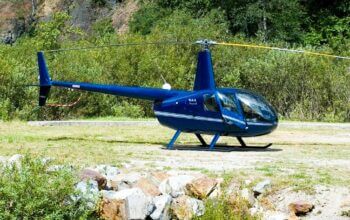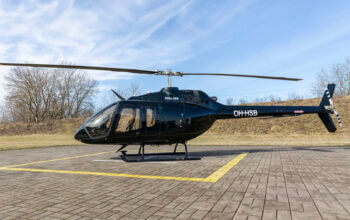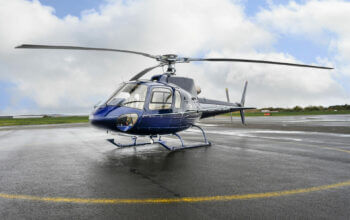Estimated reading time 8 minutes, 3 seconds.
Months of often tortuous negotiations between Air Canada and the federal government have yielded a financial support package which involves several billion dollars in loans, in return for the carrier maintaining current employees, restoring most regional services, ordering new jets, and agreeing to refunds for passengers whose flights were cancelled last year over COVID-19 concerns.
“We were determined to get a good deal for Canada and Canadians,” Finance Minister Chrystia Freeland replied April 12 when asked during a virtual news conference with Transport Minister Omar Alghabra why the negotiations had taken so long. “We wanted . . . not just any deal — and getting a good deal can sometimes take a little time.”
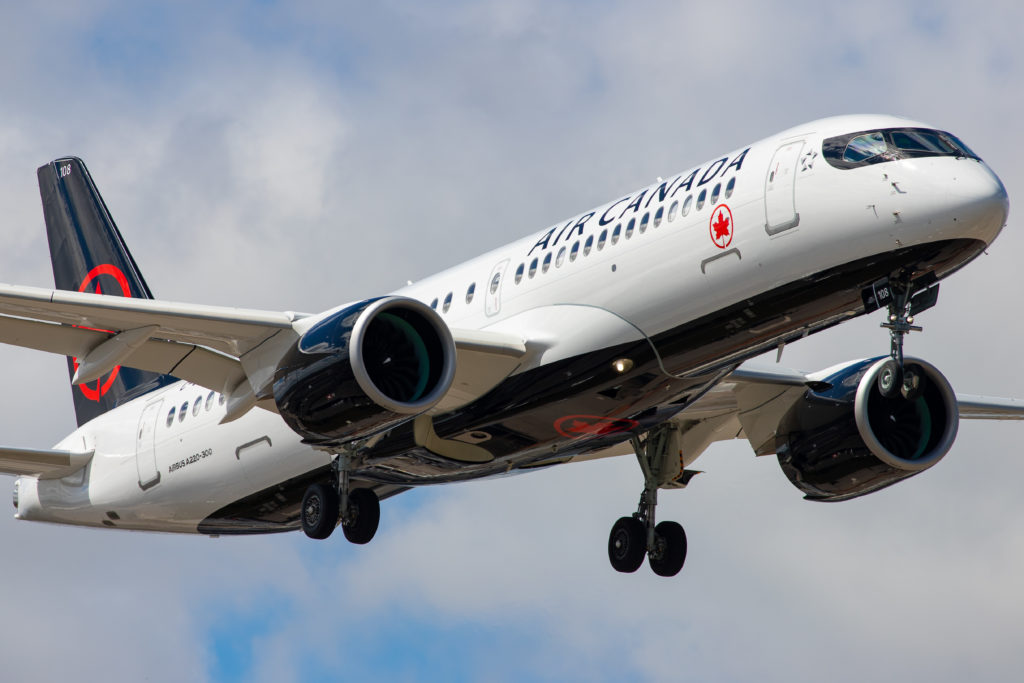
Air Canada will receive $4 billion through low-interest loans (understood to be at less than 1.9 percent interest) and a separate $1.4 billion loan to finance what Freeland called a passenger “voucher refund loan facility,” which she said will be open to all domestic carriers. “We are in discussions with all of them; details . . . will be disclosed as we conclude that work.”
An additional $500 million will give the government an approximately six-percent equity stake in the carrier. The support comes from the Large Employer Emergency Financing Facility (LEEFF) set up by the government in May 2020 to support major employers which were bleeding revenue because of the rapidly evolving pandemic.
“As with all LEEFF financing, Air Canada will be required to provide climate related disclosures, including how its future operations will support environmental sustainability and national climate goals,” Freeland added.
Crediting Deputy Finance Minister Michael Sabia for his lead role in the negotiations, she said Air Canada also agreed to restore service on nearly all suspended regional routes by June 1, to cap executives’ annual compensation at $1 million, and to suspend share buybacks and shareholder dividends for the duration of the loans.
In addition, Air Canada committed to maintaining its workforce of 14,859 at current levels, respect union agreements, and protect employees’ pensions. It used to have more than 38,000 employees before being hit by a 73 percent plunge in passenger traffic last year. It lost $1.64 billion in the fourth quarter of 2020 alone.
Alghabra said the financing will enable Air Canada to continue supporting the aerospace industry — partly by restoring orders for 33 Airbus A220s from the former Bombardier C Series plant in Mirabel, Quebec, and 40 additional Boeing 737 Max aircraft.
When it was pointed out that the U.S. had provided financial support to its aviation sector a year ago, Alghabra countered that the new support package was building on support the Canadian industry had been receiving for some time.
“The total of wage subsidies that the aviation sector has received now surpasses $2 billion,” he said, adding that in the Fall Economic Update last November, Freeland had announced more than $1 billion for regional airports and operators who service regional communities.
Air Canada alone, having collected $554 million from the Canada Emergency Wage Subsidy in 2020, was continuing to tap into the program.
Michael Rousseau, the airline’s new president and CEO (having succeeded Calin Rovinescu in February, after 13 years as executive vice president and chief financial officer), welcomed the government’s approach.
“The additional liquidity program . . . provides a significant layer of insurance for Air Canada,” Rousseau said in a statement. “It enables us to better resolve customer refunds of non-refundable tickets, maintain our workforce, and re-enter regional markets.”
The issue of refunds had been contentious, but Freeland made it clear that Air Canada had no option. “Any customer of Air Canada who wants a refund for certain pandemic-related cancellations will receive one” starting “no later than April 30,” she said. “Refunds will be available for travel purchased on or before March 22, 2020, for travel after Feb. 1, 2020, that was cancelled by either the passenger or the airline. Refunds will also be available for flights purchased after March 22, 2020, where the flight was subsequently cancelled by the airline.”
She also said travel agents will not be asked to repay commissions for booking airline tickets.
Asked whether the Air Canada package could be a blueprint for the other national carrier, Calgary-based WestJet, or smaller airlines, Freeland said passenger refunds, service restoration, compensation caps, and job protection also would apply — albeit tailored to individual operators’ particular needs.
“One of the things that has become clear in these negotiations is . . . the value to Canada of having two national airlines, WestJet and Air Canada,” she said. “Competition is good for Canada and it is good for Canadian travelers and Canadian workers. It’s also become really clear that each of those national airlines has some very specific characteristics. We are having good discussions with WestJet, discussions that I would characterize as constructive, and the basic general requirements of the Government of Canada of course will be the same.”
WestJet spokesperson Morgan Bell confirmed talks with the government on a “safe travel-restart framework,” which would involve restoration of services to 42 airports “at our earliest opportunity.” Bell said “a healthy WestJet will help lead a stronger recovery, increasing competition and consumer choice while lowering the cost of travel for Canadians.”
Jerry Dias, national president of Unifor, which represents some 15,000 airline employees and which had said some weeks earlier that a deal was imminent, characterized the Air Canada agreement a “win” for all parties.
“Consumers are winning because Air Canada is going to give back their refunds,” he said in a televised interview. “Taxpayers are winning because these are straight loans . . . and the federal government will take about $500 million worth of shares. . . . All in all, I think workers should be happy.”

